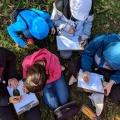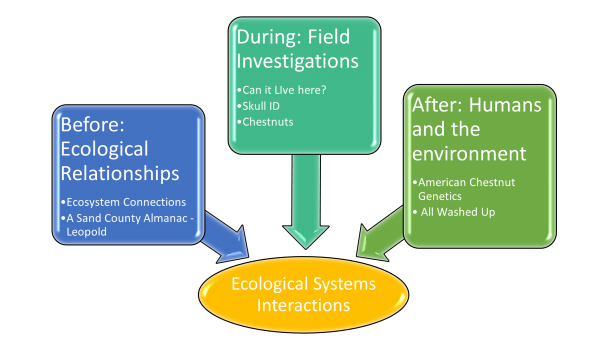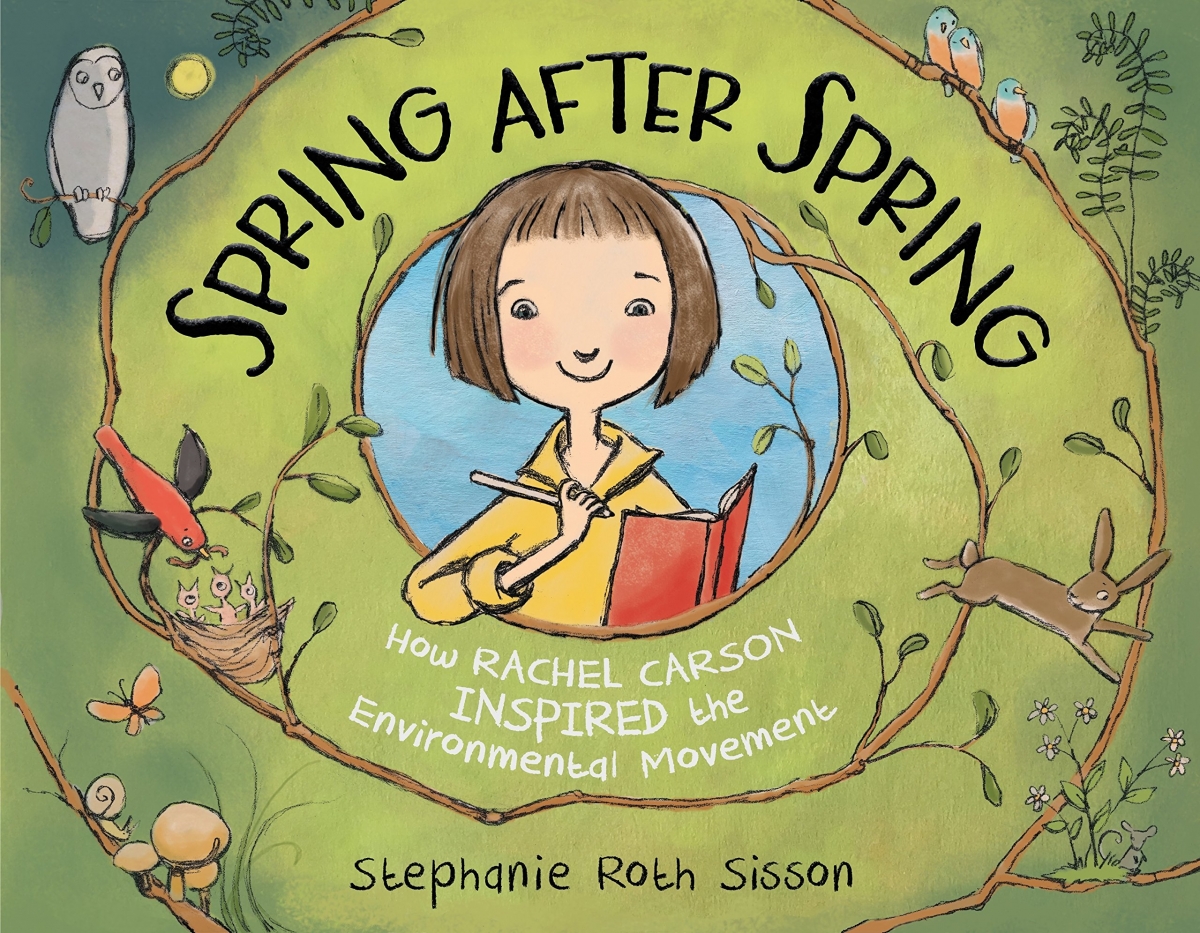 On the road to becoming ecologists, students investigate our replica skull collection to explore how specific traits influence individual and population behaviors. Using critical thinking, they assess the biotic and abiotic factors of a wetland environment, determine an organism’s role in a watershed system, and if that ecosystem can support particular organisms. Your young ecologists develop a meaningful understanding of habitat, diversity, and biological interdependence.
On the road to becoming ecologists, students investigate our replica skull collection to explore how specific traits influence individual and population behaviors. Using critical thinking, they assess the biotic and abiotic factors of a wetland environment, determine an organism’s role in a watershed system, and if that ecosystem can support particular organisms. Your young ecologists develop a meaningful understanding of habitat, diversity, and biological interdependence.
Target SOL (Other SOL apply for the before and after activities): Science (2018) LS.1, LS.3, LS.5, LS.6, LS.7, LS.8, LS.9, LS.11 Math (2016) 7.1

This lesson cluster can be used to: introduce ecological concepts, increase the depth of knowledge by synthesizing a variety of components in a systems approach, and review and reflect on concepts. Before-visit activities increase student awareness of the process of science, understanding of ecological systems, and create literacy connections with historical conservation figures. With the after-visit activities, students synthesize data and concepts learned /gathered in the field to explain phenomena in ecological systems concepts. Click here for the full cluster.
NOTE: hover over bolded phrases to find links to resources
Before: Building Understanding of Ecological Systems
Before-visit activities increase student awareness of the process of science, understanding of ecological systems, and create literacy connections with historical conservation figures.
Leopold- Sand County Almanac Students read and analyze passages from Aldo Leopold and think critically about the relationships between people and nature.
Ecosystems Connections HHMI Storyboard
Ecosystems Connections Earth Scene- B&W
During: Field Investigations
During your field investigation at Blandy, your students will explore ecology concepts as ecologists, watershed scientists, and ecological historians do.
Below is an overview of the “standard” program activities to assist you with integrating this field experience into the classroom experiences. Field investigations and schedules may change due to weather, the volume of students, or through communication with Blandy educators.
- “Can it Live Here?” In small research groups, students conduct a series of observations and tests to determine if the abiotic and biotic needs of a “mystery” organism are met at the vernal (temporary) wetland pond. They communicate their findings and use evidence and reasoning to support their conclusions.
- American Chestnut Legacy: A truly content integrated subject, students explore the ecology, history, and current status of American chestnuts in the Eastern U.S. Students discriminate fine details between American, Chinese, and hybrid chestnut trees and leaves.
- Skull Identification: Using measuring tools and drawing inferences, your forensic biologists examine replica skulls to determine an organism’s role in our local food webs (predator, prey, or both), diet (carnivore, herbivore, omnivore), and explore adaptations of warm-blooded native VA organisms.
After: Data Synthesis & Ecological Phenomena
With the after-visit activities, students synthesize data and concepts learned /gathered in the field to explain phenomena in ecological systems concepts.
Bean there Done That Chestnut Backcross Activity Students dive into the science and genetics of a chestnut backcrossing project aimed at restoration of the American chestnut.
Bean There Done that Student Sheet- Student data sheet for the backcrossing activity
Chestnut Backcrossing Powerpoint for reviewing and understanding the chesnut backcross project
All Washed Up- Data Nuggets Students use real-world data to examine the effects of flood events on trout.
Literacy Connections
 Spring After Spring: How Rachel Carson Inspired the Environmental Movement
Spring After Spring: How Rachel Carson Inspired the Environmental Movement
Non-fiction
Author: Stephanie Roth Sisson
Kindergarten - 3rd Lexile AD790L
Suggested Activities:
Conduct a schoolyard assessment (PDF). Are there areas of the property or management programs that reduce or even damage ecosystems and diversity? Help students investigate ways to take action and implement their plans (persuasive writing, PSA video, presentation before a board or committee, even petitioning to plant habitat enhancements).

